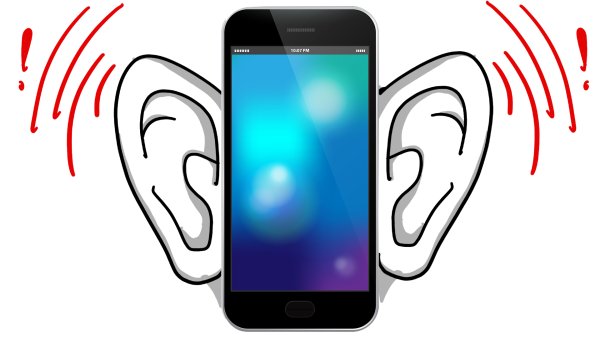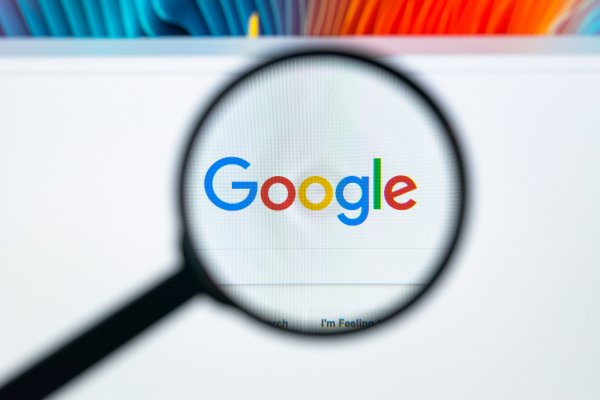Seeing Ads For Things You Think You Talk About? Is Your Phone ‘Spying’ On You?
Tags: opinion

Imagine, you are talking with a friend over a cup of coffee and casually said that you want to buy a new car, or a laptop. That night, while checking your phone’s news feed, or while surfing on the internet, you notice something a bit uncanny – there seems to be a lot of news and ads about cars and laptops! But you swear you haven’t talked about it to anyone apart from that friend. Although, your phone was on the table.
Of course, this is just a hypothetical situation. However, there have been loads of rumors about people experiencing similar situations daily. We do know that our smartphones have in-built “mics” and apps do have permission to use them. But are they really being used for listening to our daily conversation? Or, is it just nothing more than coincidence?
SUBSCRIBE TO THE TRUTH THEORY YOUTUBE CHANNEL, CLICK HERE
Is There Any Evidence On The Alleged “Spying”?
So far, social media forums are full of users recounting their experiences of encountering ads about things they have only talked about. To add to that, Zoe Kleinman wrote in a technology report on BBC about a similar situation.
In her case, it was even more morose. She had just been informed about the accidental death of one of her friends. Then, she was surprised to find that the top recommendations on her Google search box were the year, location, accident, and name of her friend.
If truly being recorded, such data can be considered a serious privacy breach. In 2019, VRT News, a media outlet from Belgium, had gotten hold of 1000 voice recordings harvested by Google Assistant. Apparently, it was leaked to them. There was enough information in these recordings to ascertain sensitive information, including addresses and names, about the people being recorded.

But how much of this is proven to be true? Is this even technologically possible? David Lodge and Ken Munro, working for Pen Test Partners, made an app to this effect. It was created to record everything in a phone’s vicinity using the in-built mic.
In their interview with the BBC, they explained that they built it on Google Android’s existing functionality. They also revealed that the app could collect enough information to send personalized ads back to the user. Furthermore, there was not much of a battery drain either.
What Do The Companies Say?
Facebook and Google, two of the top companies in this sector, have vehemently denied any such method of gathering information.
Facebook, in a statement to BBC, said that they automatically block any brands that push advertising on the basis of data collected from microphones. Google also claimed, “categorically” that the company does not make use of any “utterances” after a user says “Google” to activate the assistant. They do not share them with 3rd parties either.
Furthermore, all apps on the Google play store must comply with Google’s developer policy. So apps cannot breach privacy and use Google Assistant’s recordings.
Final Conclusions
There is evidence that Google, just like Amazon (and Amazon Echo), does record us. However, the concern, in this case, is if it is being used as a commercial tool.
The likelihood is low. Privacy policies and technologies have been enhanced to specifically disallow such actions. In fact, newer operating systems should have an even lesser likelihood of such a thing happening.
But then, is it truly just a coincidence? That is probably not the case either. Google, as do other big tech companies, compiles information about you from everything you do on the internet. This means that all your accounts, searches, advertisement emails, etc. are used to give users, what Google calls, a “personalized” experience. But are your voice recordings being used for it? The answer, in all likelihood, is no.
However, that does not mean you are not being recorded. As such, you can choose to get rid of the permission to use mics for any apps. You can also choose to use Google Assistant as little as possible, if not cease using it altogether.

Leave Comment: